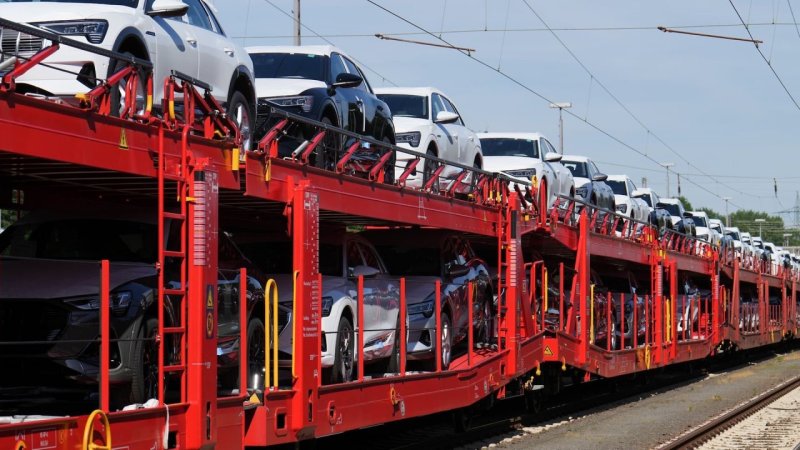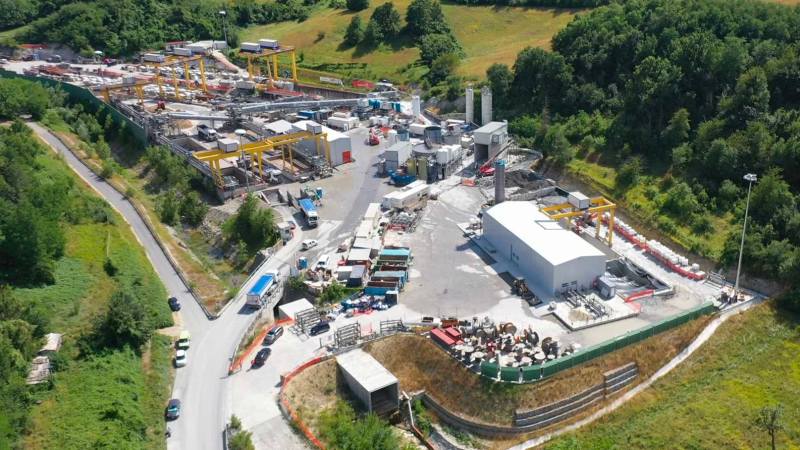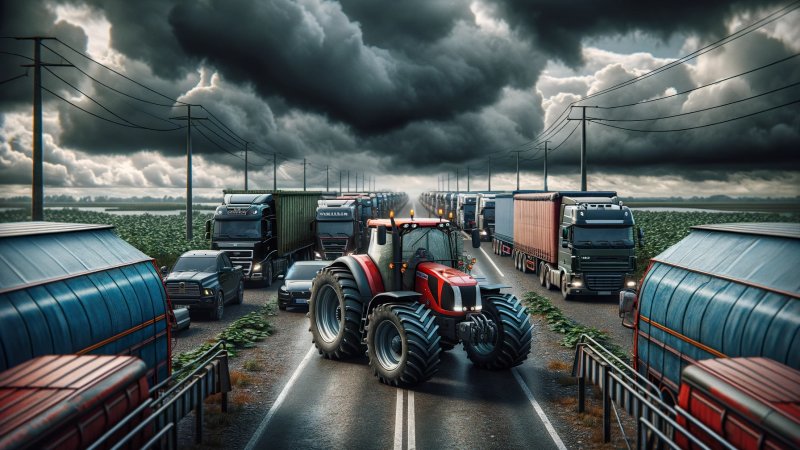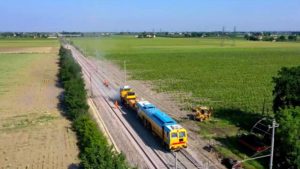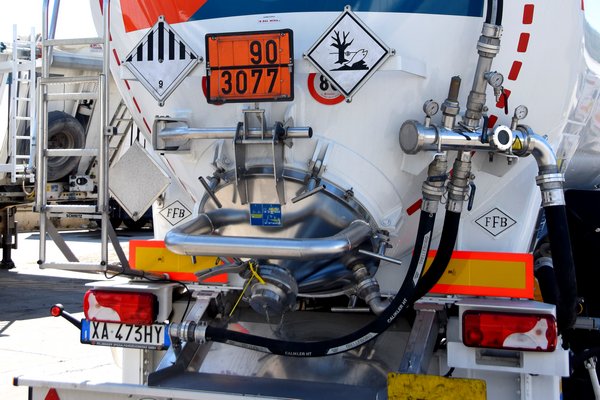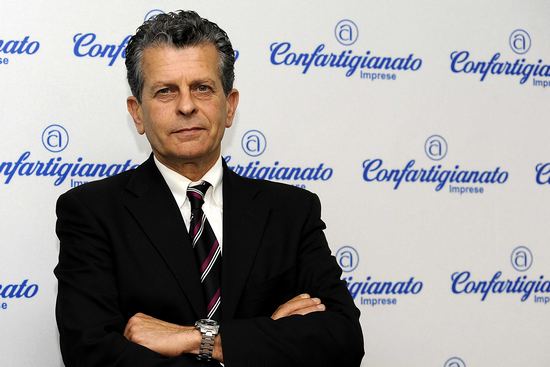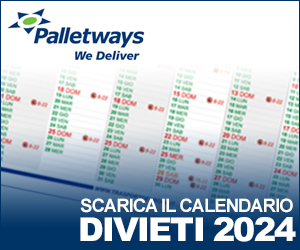On April 9, 2024, the Fermerci association unveiled a report on the current state of freight rail transport in Italy, highlighting significant concerns for 2024 due to the construction works emanating from the NRRP program. "In 2024, about 60% of the railway lines will be disrupted due to the implementation of the NRRP projects, equating to approximately 4,100 days of unavailability," explains Clemente Carta, president of the association. To tackle this crisis, Carta advocates for "supplementary funding to allow freight rail transport operators to endure until the completion of works in 2026. This situation leads to an inevitable loss in competitiveness of rail transport compared to other modes, amounting to a 3.2% decrease from the previous year, expected to rise further this year and in 2025."
Reflecting on the past, the association notes that after the 2008 traffic slump, freight rail transport showed signs of recovery from 2010, even weathering the pandemic. However, this trend has been halted in the last three years, with "alarming" prospects for 2024. The concern stems not only from the anticipated railway disruptions, primarily affecting goods, but also from geopolitical scenarios.
In terms of size, the Italian railway network ranks fourth in Europe, after Germany, France, and Poland. It consists of 17,000 kilometers of state lines managed by Rete Ferroviaria Italiana, and 3,000 kilometers of secondary regional lines, also managed by private companies. However, Carta specifies, "only 73% is electrified and just 46% is double-tracked, not to mention that the national network is highly vulnerable to damage caused by landslides and flood events that increasingly afflict our territory."
The Fermerci report also addresses the imbalance between rail and road transport, in the context of transport decarbonization and the promotion of connectivity and interoperability: "From an energy and environmental standpoint, it's calculated that a freight train is equivalent to removing fifty heavy-duty vehicles from long-distance roads, achieving about 80% lower consumption compared to the same parameter in Italy. Despite this, the volume of freight rail transport significantly lags behind the European average, with a share of 12.6% compared to the continental average of 17%, with a rail offer predominantly concentrated in the northern regions."
Therefore, Carta believes it's necessary "to increase the modal shift from road to rail to boost freight rail transport and achieve the climate objectives set by the European Union. Modal shift can only be pursued through appropriate incentive policies, but to date, the allocated resources are very limited, considering that between 2020 and 2021, Italy recorded a meager increase of 0.8% in the rail modal share."




